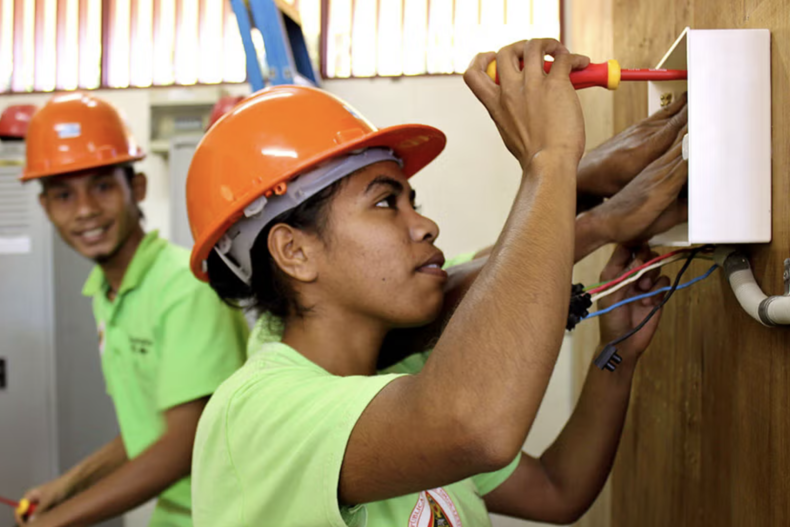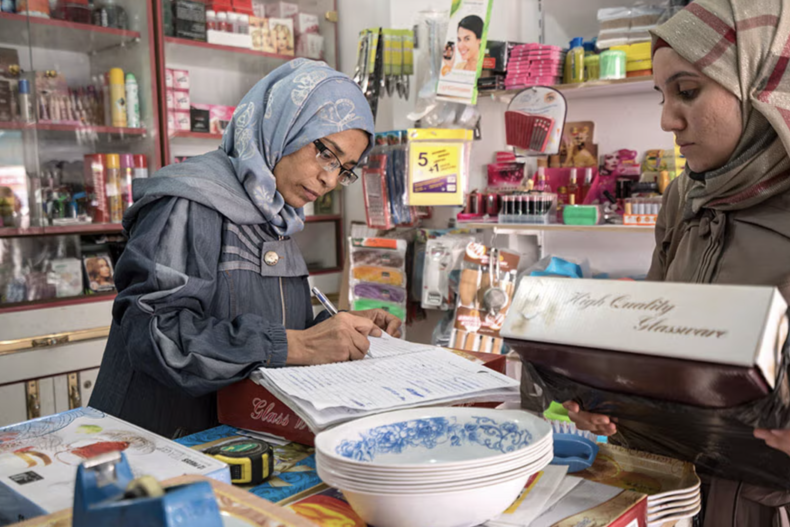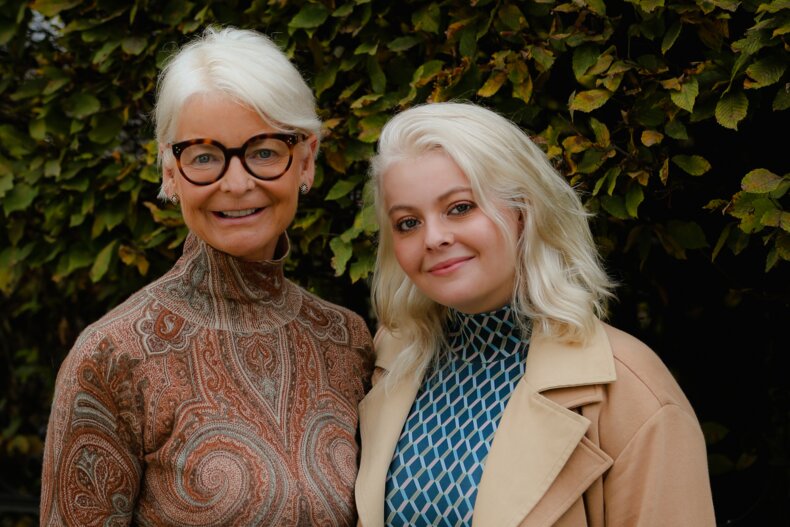
The International Equal Pay Day is a moment to pause and recognize that equal pay for equal work is still not a lived reality.
This day is more than a symbolic reminder: it is an invitation to raise awareness, to reflect, and to take action so that equality in wages becomes a truth, not just a principle.

The present situation shows progress, but it is uneven and slow. According to the Global Gender Gap Report 2025 by the World Economic Forum, around 68.8 % of gender disparities worldwide have been closed, yet gaps remain especially large in economic participation and wages.
In Europe, and particularly in Germany, the differences are stark. The unadjusted gender pay gap in Germany in 2024 was around 16 %, meaning that women symbolically worked dozens of days “for free” each year compared to men.

Globally, the picture is similar. In the United States, women working full-time still earn on average only 84 cents for every dollar earned by men.
And in developing economies, where many women are employed in the informal sector without contracts or legal protections, the disparity is often invisible but no less severe.

Sport offers some of the most visible examples of this injustice. For decades, female athletes earned only a fraction of what their male counterparts received, despite equal or even greater achievements.
The U.S. Women’s National Soccer Team famously fought for and won equal pay agreements in 2022 after years of legal battles.
In tennis, thanks to pioneers like Billie Jean King, the four Grand Slam tournaments now offer equal prize money, but in many other sports — from basketball to cycling — women still earn drastically less, with fewer sponsorships and lower media coverage.
These examples matter because sport is both a workplace and a stage: it shows the world what equality looks like, or what inequality tolerates.

These figures are not abstract. They shape lives. Women are still more likely to work in lower-paid sectors, to interrupt their careers for childcare or elder care, and to face fewer opportunities for advancement.
Structural stereotypes and cultural expectations continue to affect who works where and how that work is valued.
Lack of transparency in pay systems makes it harder to challenge inequities, and without visible benchmarks, discrimination remains hidden.

Equal pay is not a luxury; it is a matter of justice, dignity, and participation. Every unequal euro undermines equality and erodes trust, and it limits the full potential of society as a whole. When people are devalued because of their gender, everyone loses.
So what can be done? Transparency is essential. Employers need to disclose how wages are set and what criteria guide evaluations of performance, responsibility, and experience. Policy initiatives like the EU Pay Transparency Directive provide an important framework to enforce fairness and empower workers to claim their rights.
But legal frameworks alone are not enough. We need a culture of awareness: civil society, media, and politics must highlight injustices, publish data, tell stories, and make inequality visible.

Education and support programs are also crucial. Mentoring, professional training, and networks can help women and marginalized groups to break barriers and gain equal opportunities.
Family-friendly working conditions, fair distribution of care work, and better reconciliation of work and private life are fundamental to closing the pay gap.

For us, the International Equal Pay Day is not only about raising awareness but also about supporting change.
We want to back initiatives that promote transparency and wage justice, strengthen legal safeguards, challenge stereotypes, and give a voice to those who are often unheard.
Equal Pay Day reminds us: fairness in pay is not an extra benefit, but a cornerstone of democracy and social justice. On this day, and every day, we are called not only to demand change but to act – so that one day, wages truly reflect work and responsibility, not gender.
Yours
sincerely

